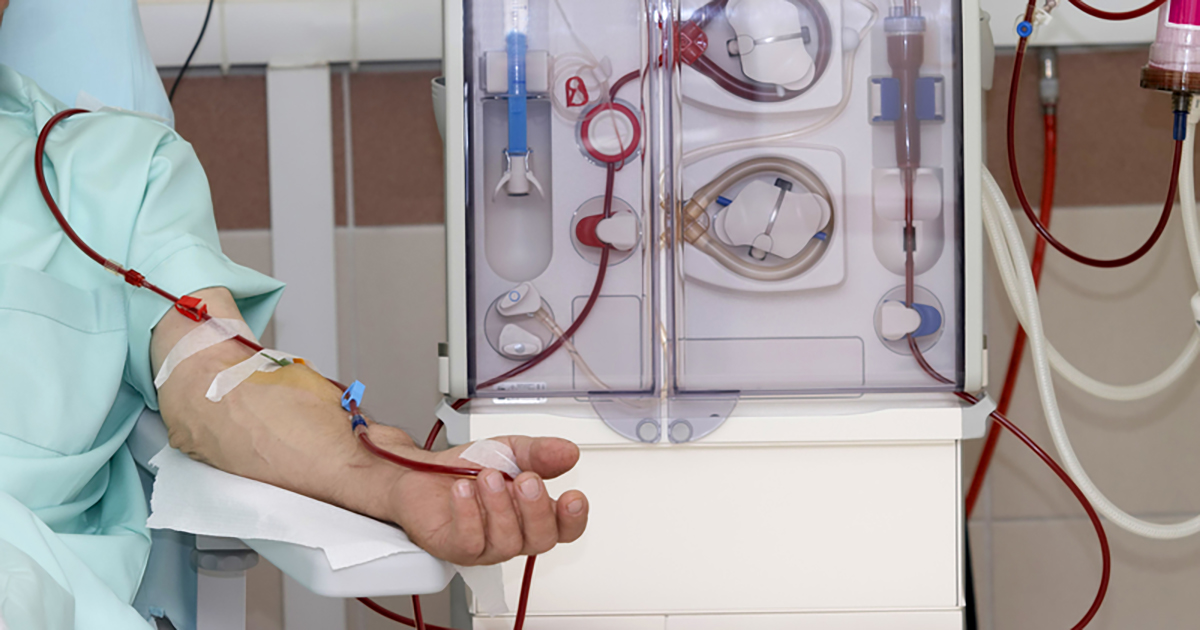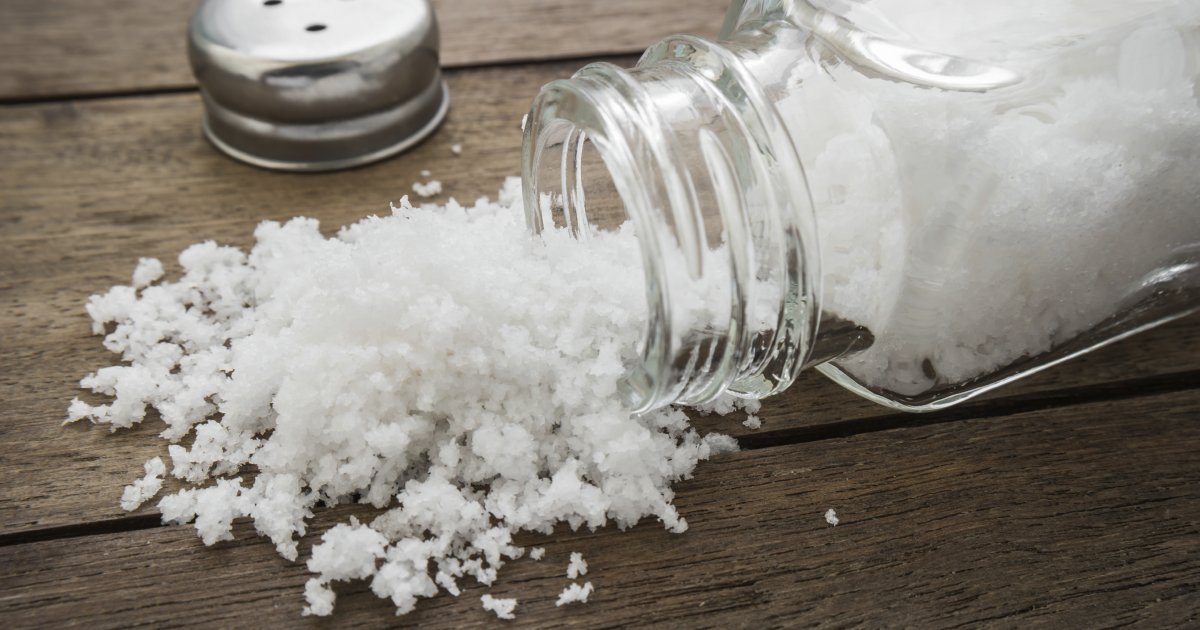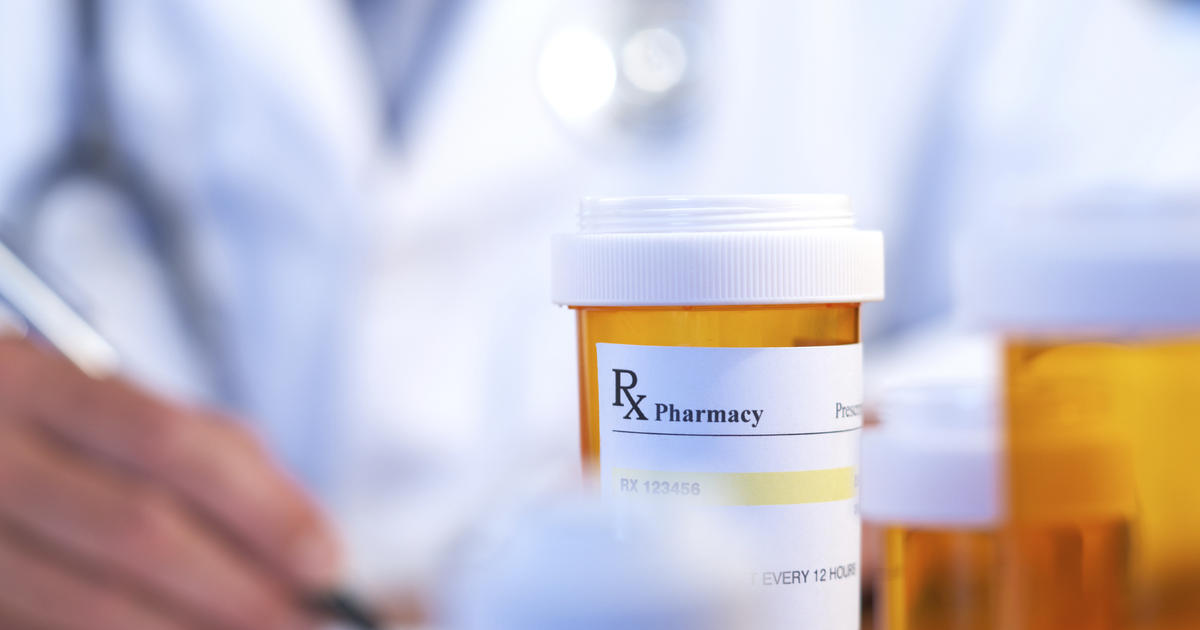Options For Treating Hyperoxaluria And Oxalosis
Hyperoxaluria is a condition that happens when an individual's urine has too much oxalate in it. Oxalate naturally occurs in the body and is also found in different foods. The condition can be caused by several different reasons including genetic, intestinal disease, or incorporating too much oxalate in one's diet. Some symptoms include developing a kidney stone. If this happens, patients will likely experience severe back pain, blood in their urine, urination pain, fever, and an urge to urinate frequently. Oxalosis happens when the kidneys fail. This happens in patients who have hyperoxaluria caused by an intestinal disease. Oxalosis can lead to creating deposits in the bones, organs, and blood vessels. Some additional symptoms include having protein in the urine, nausea, urinary tract obstruction, and kidney stones. There are some options available for treating hyperoxaluria and oxalosis. Get to know them now.
Increase Fluid Intake

As long as the kidneys are still properly functioning, doctors will probably suggest patients increase their fluid intake. Doing this helps flush the kidneys, which will prevent oxalate crystal from building up. It can also help prevent the formation of kidney stones. The goal of increasing fluid intake is to help patients avoid the symptoms of hyperoxaluria and oxalosis. It is important to keep the kidneys as healthy as possible, especially if patients are consuming too much oxalate in their food or if they have a genetic condition that results in their body producing too much of it. Patients want to make sure they are doing their best to remove some of the oxalate crystals and keep their body as healthy as possible.
Uncover more ways to treat hyperoxaluria and oxalosis now.
Kidney Dialysis

When individuals have one of these conditions, they might end up needing kidney dialysis at some point. This treatment performs some of the kidney's job by removing toxins from the blood and removing excess fluids. It is possible the kidneys will eventually not be able to function properly because of the production of oxalate in the body. Dialysis will help patients process some of the oxalate. However, this is a temporary solution to the problem. If the kidneys are damaged due to the oxalate production, dialysis will not be able to keep up. This is especially true when patients have the genetic form of hyperoxaluria. The only permanent solution to the problem is a kidney transplant. A kidney and liver transplant may also be required. These transplants can potentially come from a living donor, which will reduce the need to go on a transplant list.
Keep reading to reveal more options for treating hyperoxaluria and oxalosis now.
Limit Salt Intake

If patients are suffering from hyperoxaluria due to diet, it is important for them to limit their salt intake. Consuming salt results in the body retaining fluid. So, it is important to limit the amount of salt in one's diet, so the body has less fluid it needs to remove. If the kidneys are still functioning properly, it will put less of a strain on them to remove excess fluid on top of what the body normally produces. Too much salt will also prohibit the kidneys from functioning properly. This results in the kidneys not removing all the fluid it should be removing and puts a strain on them. Furthermore, salt is linked to higher blood pressure because of the excess fluid too much salt causes. Patients should look at the salt content in all the food they consume. They may be surprised how much salt is in their favorite foods. So they may need to make adjustments. For instance, if patients like soup, they should buy the low salt versions where possible, because soup has a lot of salt in it.
Get more details on how to treat hyperoxaluria and oxalosis now.
Decrease Animal Protein

Because animal protein increases the workload of the kidneys, if patients suffer from hyperoxaluria, they need to decrease the animal protein in their diet. Animal protein can increase the production of ammonia and damage the kidneys. However, if patients consume plant protein, they can still get the proper amount of protein in their diet. Furthermore, if patients are suffering from hyperoxaluria or oxalosis, they want to make things easy for their kidneys, and eating a lot of animal protein puts added stress on them. So, having the condition coupled with additional strain on the kidneys can lead to kidney failure sooner. Once the kidneys are too damaged, patients will need either dialysis or a transplant. Additionally, the impact of animal protein on the kidneys happens almost right away, unlike non-animal protein, which reportedly has no impact on kidney function.
Learn more about treating hyperoxaluria and oxalosis effectively now.
Medication To Reduce Oxalate

As with many conditions, there is medication appropriate for treating hyperoxaluria and oxalosis. This medication reduces oxalate in the urine. There is a prescription strength version of vitamin B6 that can be helpful when trying to reduce oxalate in the urine. Other things that can help prevent oxalate crystal formation are oral phosphates and citrate. Doctors can also use thiazide diuretics, which help the body get rid of more fluids. When patients are suffering from hyperoxaluria and oxalosis, they should have a multi-pronged plan to keep their kidneys working as well as possible. This plan needs to include dietary changes and medications. However, should these efforts not be enough to keep the kidneys working the way they should, dialysis and a transplant may be worth considering. These options will include their own list of medications patients will need to take, especially with a transplant.